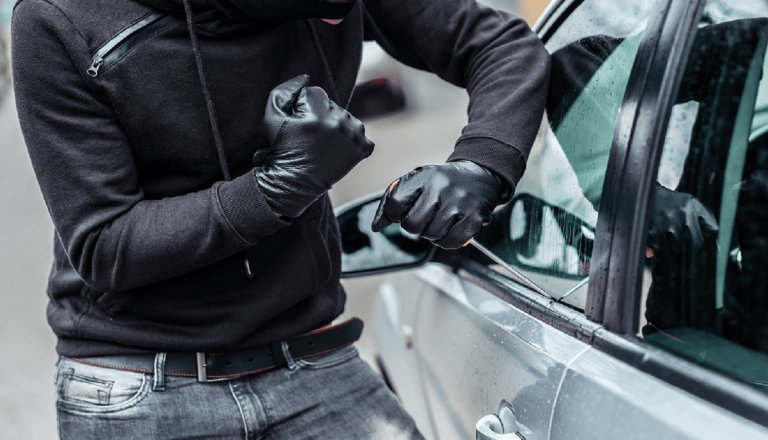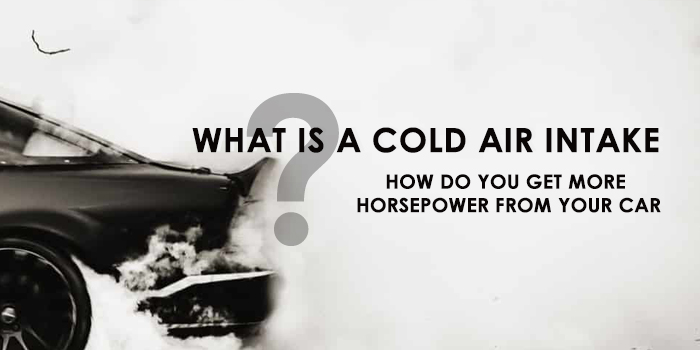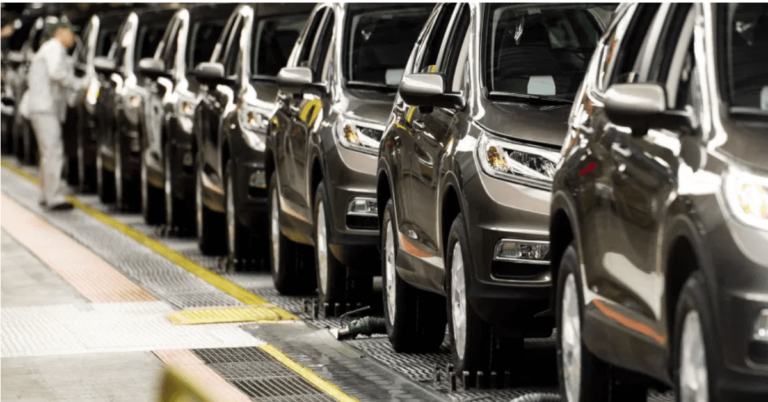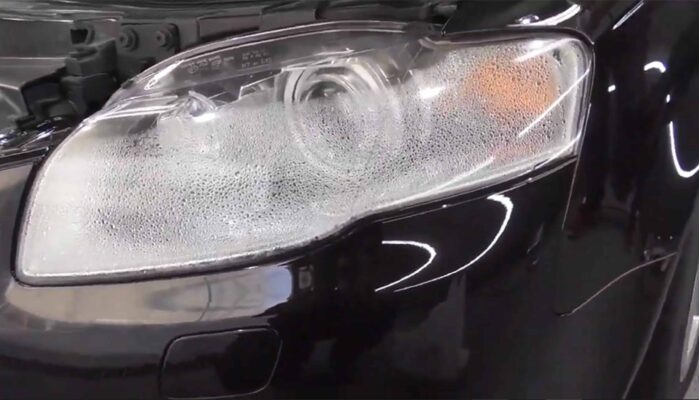
Stopping at the fuel station seems like a routine activity, something we do without much thought. But have you ever wondered what to do if you put the wrong fuel in your car? It could happen, and most of us are unaware of what to do in this situation. This blog will explain the differences between petrol and diesel engines, and why using the wrong fuel in car is a recipe for disaster.
Understanding the Consequences of Misfuelling – What Happens if You Fill Wrong Fuel?
Modern cars are driven on a variety of fuel types, so here’s some information to clear the confusion.
Petrol and diesel engines are designed to operate using fuels with distinct properties, and mixing them up can cause serious damage to engine components and affect performance.
The most significant difference is in the way the engine ignites the fuel. Petrol engines use a spark plug to create a controlled explosion that drives the engine. In diesel engine fuel is ignited by compression alone (there is no spark plug). Petrol is not capable of igniting purely by compression while diesel cannot be ignited purely by a spark plug. This is why the fuels cannot be mixed up.
Petrol and diesel have different chemical properties, energy densities, lubrication, and volatility. Using the wrong fuel in a vehicle can lead to combustion disruption, rough idling, reduced power, premature ignition, knocking and inefficient combustion.
In addition, the absence of the right lubricating properties may lead to overheating, and wear and tear in the fuel system components. Eventually, the fuel system will get blocked and the vehicle will stall. Even exhaust systems will suffer damage in the process of adding petrol to diesel engine and vice versa.
So, remember to double-check when fuel is filled in a vehicle to avoid any potential problems.
Petrol or Diesel Car Which is Better in India?
Choosing between petrol and diesel in India demands careful consideration. Both fuel types have their own advantages and drawbacks. Let’s explore the key points that will help you make the right decision.
1. Fuel Efficiency
Diesel cars are known to be more fuel efficient than petrol vehicles. However, advancements in petrol engine technology have closed the mileage gap. Diesel turns out to be less costly in the long run for vehicles that drive several kilometres a day, such as taxis and commercial trucks. You can checkout Tips to Increase Your Fuel Economy and Save Money
2. Initial Cost
Diesel engines are costly to manufacture due to their complicated components and robust structures that can handle high compression. Emission control components on diesel engines further raise their initial cost. Petrol engines tend to cost less and can be designed to be compact and efficient.
3. Fuel Price
In India, the cost of diesel is less than petrol, however, in recent years, this gap has reduced significantly due to changes in fuel taxation and policies. But diesel cars have higher maintenance and service costs, which can offset lower fuel costs for cars that are driven less.
4. Resale Value
Diesel cars have a higher resale value in India as they are the preferred choice in many settings. But there has been an emphasis on cleaner emissions off late, which can make resale valuations a little more complex. Petrol cars are now being perceived as having a broader market due to concerns about restrictions on diesel vehicles, especially in cities where pollution is rising.
5. Performance
There is no doubt that petrol offers a smooth and refined driving experience. Power delivery is linear compared to diesel engines which can be noisy, rough and produce more vibrations. However, there is no replacement for the low-end torque of diesel engines. That’s why diesel is used in heavy vehicles and is suitable for highway cruising for long distances.
6. Emissions
Recent focus on environmental sustainability has led to the promotion of cleaner fuels and stricter emission standards. In this regard, a petrol engine produces fewer emissions (carbon monoxide, nitrogen oxides) compared to diesel cars. That’s why many buyers switch their choice from diesel to petrol.
7. Government Policies
Incentives, taxes, subsidies and regulations can influence your choice between a petrol and diesel car. In some states, owning a diesel car may not be the best choice.
What Happens If We Put Petrol In Diesel Car?
If you accidentally fill petrol into a diesel car’s fuel tank, it can have serious consequences for the diesel engine’s performance. Diesel and petrol engines operate on different principles and each fuel has a unique combustion and lubrication process. Here’s what happens when petrol is used in diesel engine by mistake:
Combustion Differences
In a diesel engine, the fuel is ignited by compression. Diesel engines rely on compression to generate heat which ignites the fuel. Petrol engines use spark plugs to ignite the fuel. When you put petrol in diesel engine, the petrol will fail to ignite properly and may cause incomplete combustion.
Lower Lubrication Properties
Diesel has natural lubricating properties that allow for smooth operation of the pistons, fuel injection system, valves, etc. Petrol has very little lubricating properties and evaporates easily with a little heat. Using petrol in a diesel engine can lead to increased wear and tear on the engine.
Fuel Pump Damage
The lubricating properties of diesel enable the fuel pump and injectors to work without friction. Using petrol can cause damage to these components which can lead to fuel pump failure and expensive repairs.
Engine Misfiring
Diesel cylinders will not fire properly with petrol. This mismatch can cause a situation known as misfiring where some cylinders do not develop power and cause unequal pressure. This can result in loud bangs in the exhaust pipe and will lead to rough engine operation, eventually leading to piston and other component damage.
Catalytic Converter Damage
Petrol contains additives that could damage the diesel catalytic converter. Each type of catalytic converter has a unique set of metals that are compatible with each type of fuel’s combustion process.
Engine Knocking
This occurs when the air-fuel mixture ignites prematurely or after it is ideally required. You get a knocking sound and this causes damage to the engine.
Increased Emissions
When petrol is burned in a diesel engine, incomplete combustion can lead to emissions which can harm the environment with harmful pollutants and unburned hydrocarbons.
These points should have cleared your doubts about what happens when you put petrol into a diesel car.
What Happens if You Put Diesel in a Petrol Car?
You may encounter significant issues if you put diesel in a petrol car by accident. Some people even think that they can save some money because diesel is cheaper than petrol, but you will permanently damage your engine in the worst-case scenario. Look at the following problems caused by diesel in a petrol car:
Ignition Issues
Petrol engines use a spark plug to ignite the air-fuel mixture for proper combustion. Diesel fuel doesn’t ignite with a spark plug, instead, it requires high compression to generate heat and combust. The result is that diesel fuel will not ignite at all (or only slightly) in a petrol engine, which will cause it to stall or otherwise run extremely roughly.
Combustion Inefficiency
Diesel fuel burns at a different rate and has a different energy component compared to petrol. Using diesel in a petrol engine will disrupt the combustion process leading to incomplete burning. The performance will show an immediate drop while emissions will increase.
Clogged Fuel System
Diesel has a thicker viscosity which will prevent it from being pumped under pressure by the fuel system. Eventually, it will clog and block the entire fuel system including fuel lines, injectors/carburetors and filters.
Fuel Pump and Injector Damage
With increased effort to pump fuel from the tank to the injectors, the fuel pump will eventually wear out. Petrol is very thin and light and does not require much effort to flow. Diesel has an oily property that can clog the fuel injectors very quickly.
Exhaust System Damage
The exhaust system of a petrol engine will soon get filled with diesel soot and particulate build-up. This will ruin the catalytic converter and damage the oxygen sensors as well.
Emissions
The exhaust gases will have high levels of nitrogen oxides that can be harmful to your surroundings.
What Do You Do if You Have Filled the Wrong Fuel in Your Car?
Whether it is a petrol or diesel engine, putting the wrong fuel can lead to potential damage and unsafe driving. Follow these steps to ensure your car will run as usual again:
1. Do not Start the Engine
If you have the engine running already, turn it off immediately. This is the most critical step. With the wrong fuel in your car, running the engine will circulate it through the entire system, making the problem worse and causing irreparable damage.
2. Move to a Safe Location
Push or tow your vehicle away to a safe location away from traffic.
3. Contact a Mechanic or Service Centre
Depending on the situation, you have a few options:
- If you are at a fuel pump, inform the attendant of the problem as they may be able to offer assistance.
- Call a towing service or roadside assistance to transport your vehicle to a repair shop.
- At the service centre, explain which fuel had been filled into your car to help them assess the situation. They will most likely drain the fuel tank and flush the system to prevent any problems.
4. Inspect the Damage
If you have caught the mistake in time, there might not be any damage at all. The engine will be able to recover without any repairs. Mechanics will inspect the engine to check for any signs of damage.
5. Flush the Fuel System
Remove any traces of the wrong fuel. This may involve draining the fuel tank, cleaning fuel lines, replacing fuel filters and ensuring the right fuel is added to the fuel tank.
6. Repair any Damage
Any damage will have to be inspected by Mechanics who will repair or replace components as necessary. The most common parts that need to be replaced include spark plugs, fuel injectors, fuel pumps, etc.
Tips for Preventing Misfuelling in the Future
Filling a diesel engine with petrol or vice versa can bring unwanted stress and expensive repairs. Learn from the experience and take precautions to prevent similar mistakes. Double-check the fuel type before refuelling, and add a sticker with petrol or diesel on the fuel cap to indicate the right fuel. Let’s look at more practical tips to guarantee you always fill up with the right fuel.
Develop a Routine
Don’t rely on the fuel attendant to refuel your vehicle. A moment of distraction can lead to a costly mistake.
Identify Fuel Labels
Fuel stations use distinct colours and nozzle shapes for petrol and diesel. If in doubt, enquire with a fuel attendant or manager.
Read your Vehicle’s Fuel Cap
The fuel cap will have a manufacturer-installed sticker with information on the right type of fuel.
Don’t Rely on Memory
If you happen to borrow your friend’s car or are driving a rental, it is better to confirm before you fuel up. It could be possible that you misheard or forgot the fuel type. If you lend out your car to others, ensure that they are aware of the correct fuel type and remind them of the importance of using the right one.
Conclusion
Filling up with the right kind of fuel ensures your vehicle operates at its best. Modern engines are very sensitive to the slightest changes and the wrong fuel could lead to a disaster. We hope this blog has answered your question of what happens if you put diesel in a petrol car and also why you cannot add petrol into a diesel car. Prevention is the key, and a little vigilance can spare you a big headache.
Explore more informative articles on the Carorbis Blog. You may want to have a look at the differences between 2-stroke and 4-stroke engines as well.
Frequently Asked Questions
Q1. Which Are the Vehicles Run Without Petrol and Diesel?
Ans. Electric vehicles or EVs do not use petrol or diesel, instead, they need to be charged with electricity to drive an electric motor. EVs have zero emissions, are quiet while running and require less maintenance than internal combustion engines.
Q2. What Happens if You Put Diesel in a Petrol Car?
Ans. Petrol cars are not designed to run on diesel fuel. The petrol engine will eventually stop running after a few kilometres and will have to be repaired.
Q3. What Happens if I Fill Petrol in a Diesel Car?
Ans. Diesel engines work on compression ignition, while petrol needs a spark plug to ignite. The fuels cannot be mixed and will lead to serious engine damage.







